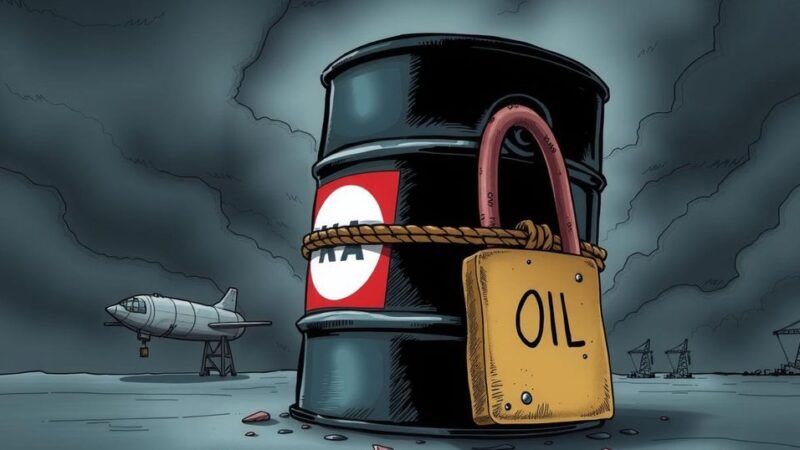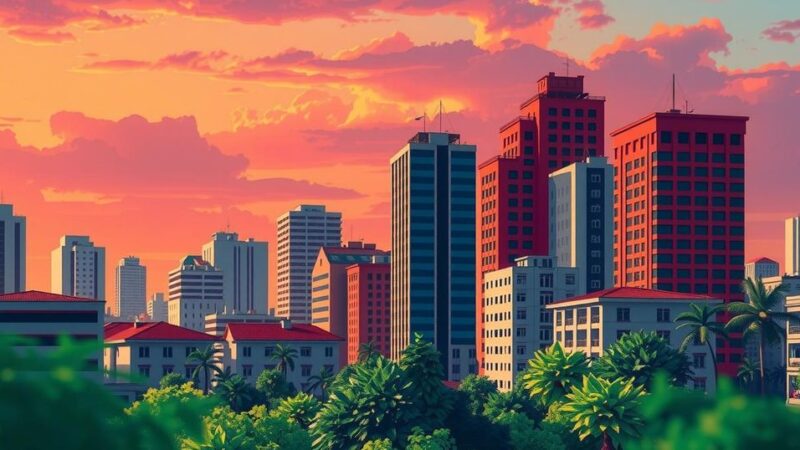Peru’s government declared a 90-day environmental emergency due to a spill at Petroperú’s Talara refinery, which has faced financial distress following a billion-dollar modernization. Despite numerous government bailouts, foreign investors remain confident in the company’s future. Political instability, marked by high turnover in leadership, poses challenges for Petroperú’s management and profitability efforts, as it attempts to expand oil production amidst environmental and social opposition.
In December, the Peruvian government declared a 90-day “environmental emergency” due to a crude oil spill at Petroperú’s flagship refinery on the Pacific coast. This incident marked another crisis for Petroperú, which has struggled with management issues after a $6.5 billion modernization of its century-old Talara refinery, completed in 2023—years behind schedule and significantly over budget, resulting in substantial company debt.
Repeated government bailouts have been necessary, including two packages exceeding $1 billion last year, and the government has also assumed Petroperú’s debt payments following the resignation of its board, which deemed the company “broke” and “unsustainable.” Despite these issues, Petroperú continues to attract foreign investors seeking high-yield bonds, who maintain confidence in the government’s support as a safety net.
Schreiner Parker, managing director for Latin America at Rystad Energy, stated, “I don’t think Peru would let their national oil company fail.” However, the nation’s political climate remains unpredictable, particularly as Peru has experienced seven presidents since 2016 and the current administration under Dina Boluarte faces low public approval due to corruption scandals.
The political landscape in Peru creates uncertainty for Petroperú’s management, making a return to stability challenging amid constant governmental changes. According to Parker, “Hydrocarbons require long-term vision and long-term planning” but this has been compromised by rapid shifts in governance around the organization.
Petroperú aims to be profitable by 2025, increasing processing capacity at the Talara refinery, which currently processes 90,000 barrels of oil daily, up from 60,000 b/d previously. However, the history of pipeline leakages has fostered resistance from Indigenous communities, complicating the operational environment.
Environmental organizations argue that Petroperú’s financial struggles lead to an emphasis on fossil fuel production in contested areas. According to Amazon Watch, “Ultimately, investors, bondholders, and banks that facilitate this debt play a central role in this ongoing dilemma” as they influence Petroperú and the broader prospects for transitioning away from fossil fuels while simultaneously funding activities that threaten the Amazon rainforest.
In conclusion, Petroperú faces significant challenges due to political instability, financial debt, and environmental concerns. While the company has attracted investments, the unpredictable political landscape complicates its management and operational goals. Future profitability hinges on its ability to increase production and navigate the opposition from local communities. As external investors play a critical role in its restructuring, the implications extend beyond Petroperú to the environment and broader economic strategies in Peru.
Original Source: amazonwatch.org






